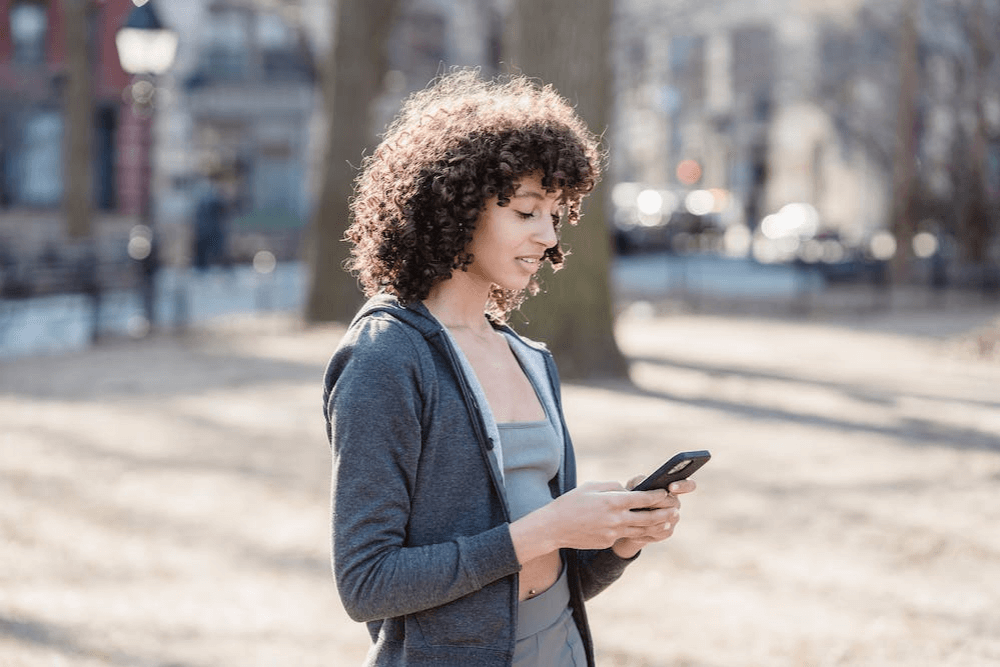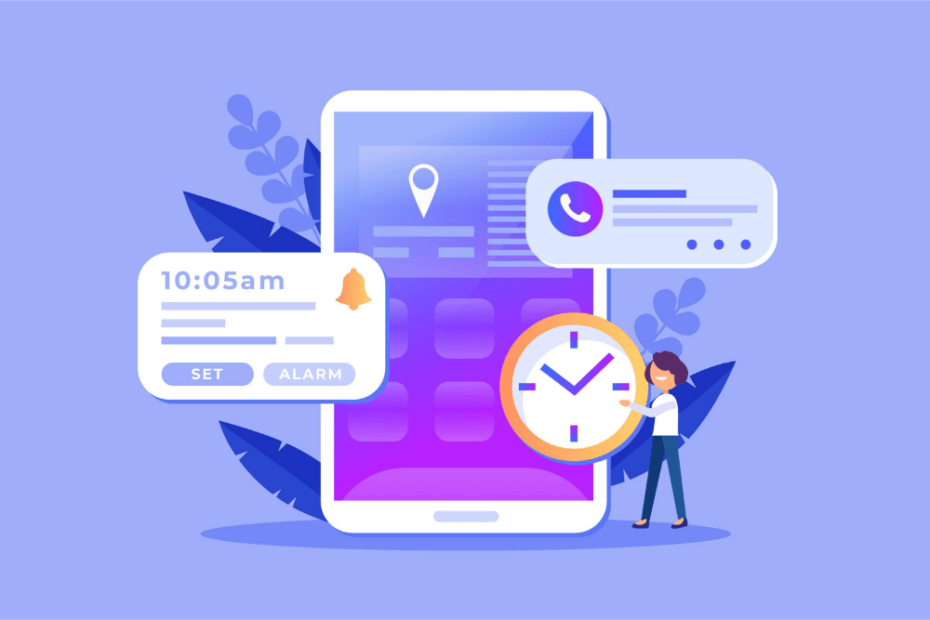📑 Table of Contents
In the fast-paced world of digital marketing, SMS campaigns stand out for their directness and high engagement rates. However, even the most brilliantly crafted message can fall flat if it’s sent at the wrong time. Understanding the best time to send SMS marketing campaigns is crucial in ensuring your message not only reaches your audience, but also resonates with them.
The Importance of Timing in SMS Marketing
- Instantaneity and Engagement: One of the most defining features of SMS marketing is that individuals read messages with immediacy. Statistics indicate that a majority of SMS messages are read within just a few minutes of receipt. This instant engagement makes timing crucial. If a message lands at an inconvenient time, it risks being ignored or, worse, perceived as intrusive. Therefore, marketers must carefully consider the timing of their messages to ensure they are read and received positively.
- ‘Right Time’ Psychology: Understanding the daily habits and psychology of the target audience deeply roots the concept of the ‘right time’ in SMS marketing. For instance, a promotional message about lunch deals sent just before noon can capitalize on the audience’s immediate decision-making process. Similarly, sending a message in the evening when people are planning the next day’s activities can lead to higher engagement. Aligning SMS campaigns with these behavioral patterns significantly increases their effectiveness.
- Audience Segmentation: Different segments of your audience may have distinct routines and preferences, affecting their responsiveness to SMS messages. For example, students might be more responsive to messages sent in the late afternoon, while working professionals could be more likely to engage with messages sent in the early evening. By understanding these nuances and incorporating the best time to send SMS marketing campaigns, segmenting your audience and tailoring the timing of messages accordingly can lead to higher engagement and conversion rates.
- Time-Sensitive Content: The nature of your message also plays a crucial role in determining the best time for its delivery. To maximize the impact of time-sensitive messages, such as reminders for an upcoming event or last-minute deals, marketers need to time them precisely. Sending these messages too early or too late can diminish their effectiveness, as the content might lose its relevance or urgency.
- Cultural and Geographical Considerations: When planning SMS marketing campaigns, it’s important to consider cultural norms and time zones, especially if your audience is spread across different regions. The timing of your messages should respect the local times and cultural contexts of your recipients. Sending a message without considering these factors can result in poor engagement and even damage to your brand’s reputation.
- Integration with Other Marketing Activities: SMS marketing should not exist in a silo but rather be integrated with your overall marketing strategy. Coordinating the timing of your SMS campaigns with other marketing activities, like email campaigns or social media posts, can create a cohesive and more impactful marketing narrative. This integrated approach ensures that your audience receives a consistent and reinforcing message across different channels.
- Anticipation and Follow-up: Creating a sense of anticipation with a well-timed initial SMS can be a powerful engagement tool. Following up this message with another SMS closer to the event or offer deadline can reinforce the initial message and prompt the desired action. For instance, an initial teaser about a weekend sale followed by a reminder message on the day of the sale can effectively drive higher participation and sales.
Identifying Your Audience’s Peak Times
The optimal time for sending SMS campaigns can vary depending on your target audience. Here are some general guidelines:
- Avoid Early Mornings and Late Nights: Respect your audience’s personal time. Sending messages too early or too late can be intrusive and may lead to opt-outs.
- Mid-Morning to Afternoon (9 AM to 12 PM): This time frame often sees higher engagement as people start their day and check their phones.
- Lunch Hours (12 PM to 2 PM): Many people check their phones during lunch breaks, making it a potentially effective time to send messages.
- Late Afternoon to Early Evening (5 PM to 7 PM): As people wind down from work, they’re more likely to engage with their phones, making it another prime window.
Weekdays vs. Weekends
The debate between sending SMS marketing messages on weekdays versus weekends is more than just a choice of dates; it’s about understanding consumer behavior and lifestyle patterns to optimize engagement. Let’s delve deeper into the nuances of this aspect.
Weekdays: Routine and Predictability
Weekdays, generally, offer a structured environment where people follow a routine. This predictability can be advantageous for marketers. Here’s why:
- Consistent Engagement Patterns: People often have fixed schedules during weekdays, making it easier to predict when they’ll check their phones. Morning commutes, lunch breaks, and post-work hours are common times for people to engage with their phones.
- Professional Context: For B2B SMS marketing, weekdays are ideal. Professionals are more likely to engage with work-related content during this time.
- Higher Open Rates: Studies have shown that SMS open rates can be higher on weekdays due to the regularity of people’s schedules.
However, one must consider the potential of message saturation during weekdays, as individuals might receive numerous marketing messages from different sources.
Weekends: Leisure and Unpredictability
Weekends, characterized by leisure and a break from routine, present a different scenario:
- Varied Schedules: The lack of a fixed schedule means people might check their phones at any time. This variability makes it harder to predict the best time to send messages.
- Openness to Leisure and Shopping: For industries like retail or entertainment, weekends can be more effective. This is because people are often planning leisure activities or shopping during that time.
- Lower Competition: There’s generally less competition for attention on weekends, which can make your message stand out.
- Engagement Quality vs. Quantity: While open rates might be lower, the engagement quality can be higher on weekends. This is because people have more time to explore and respond to messages.
Industry-Specific Considerations
The effectiveness of weekdays versus weekends can vary greatly depending on the industry:
- Retail and Hospitality: Might benefit more from weekend messaging when customers are planning to shop or dine out.
- Finance and Healthcare: Weekday messaging might be more effective for industries where decisions are made in a more structured environment.
- Events and Entertainment: Weekend messaging can be more impactful when promoting events or leisure activities.
Special Considerations for Different Industries
The nature of your business can also influence the best time to send SMS messages. For instance:
- Retail: Weekends might work better when people are likely to be shopping.
- B2B Services: Stick to traditional business hours (9 AM to 5 PM) on weekdays.
- Entertainment and Hospitality: Friday afternoons can be effective when people are planning their weekend.

Concluding Thoughts!
The best time to send SMS marketing campaigns is not one-size-fits-all. It varies based on your audience, industry, and the nature of your message. By understanding your audience’s habits, respecting their time, and continually testing and refining your approach, you can ensure that your SMS marketing campaigns hit the mark every time. Before creating an SMS campaign, learn about SMS compliance to stay compliant.
